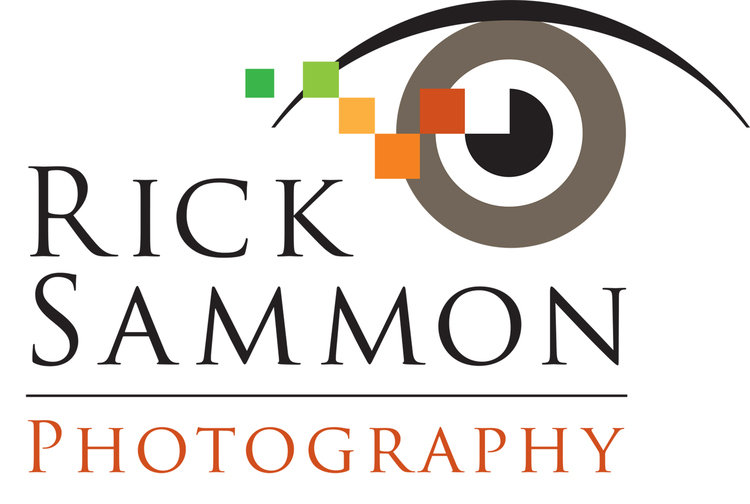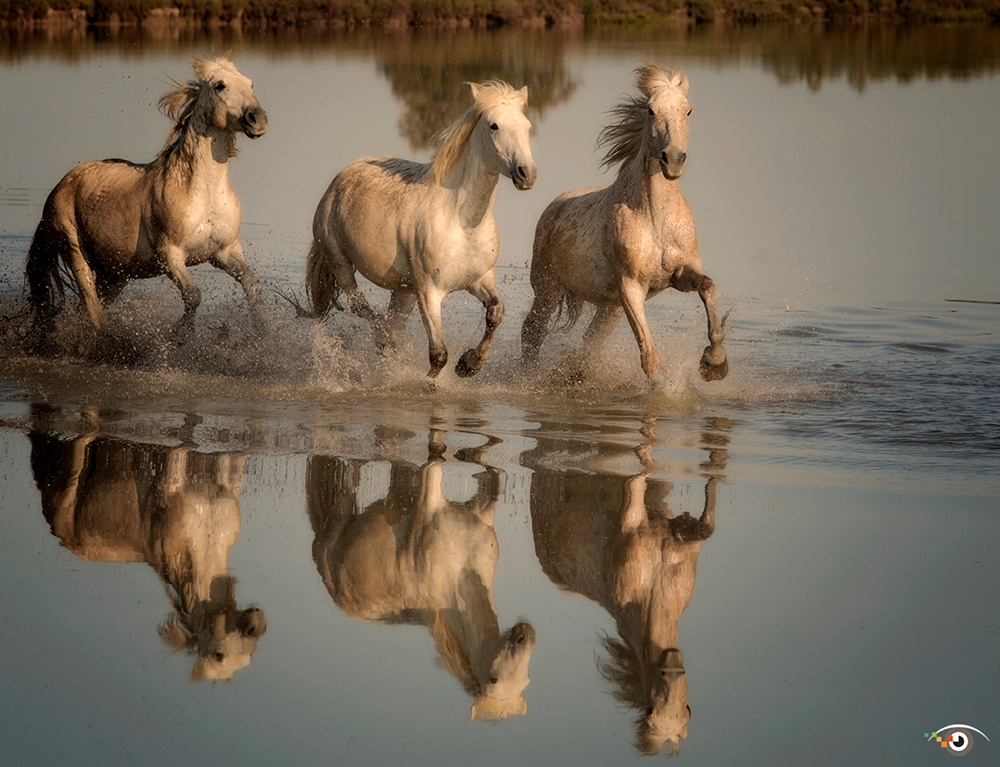I teach a lot of workshops throughout the year.
Every so often a workshop participant asks: "How come I'm not getting the shots that the other photographers are getting?"
I've seen this happen on all different types of workshops - wildlife, people, landscape and so on. I've heard this from my fellow workshops instructors, too.
The answer, sometimes, is equipment. In some situations, a certain lens, say a 400mm or a 15mm, is indeed needed.
In other situations, it's luck.
Of course, sometimes the photographer is a novice and has not yet acquired the skills to get specific shots.
Sometimes, and this is the point of this post, it's the photographer's responsibility.
To help all workshop participants, here's my list of "A Workshop Participant's Responsibilities."
Know your camera - especially when it comes to fine-tuning the exposure with the +/- exposure compensation control - or dialing in the correct exposure manually. After all, for every photographer, there is only one correct exposure. (For more on exposure, check out my class on Kelby Training: Light - the main element in every photograph.)
Stick like glue to the instructor.
Ask to see the instructor's photographs, and the photographs of the other workshop participants.
Know that the instructor is not a "mind reader" when it comes to your needs.
Show the instructor, and the other participants, your pictures as often as possible on your camera's LCD panel.
Be part of the "team" - and join in the fun, as well as the work.
Ask questions.
Do your homework before leaving home on the location, subject and the equipment that's needed.
Sit with the instructor during Photoshop and Lightroom sessions and see how your shots can be improved.
Set goals, and maybe even a specific goal.
So my friends, speak up, join in, ask questions, know your camera, do your homework, don't assume anything, set goals, stick like glue . . . and you'll get the most out of a photo workshop. The more you put in, the more you'll get out.
If you like the stuff you see here on my blog, you can subscribe here.
Explore the light,
Rick











